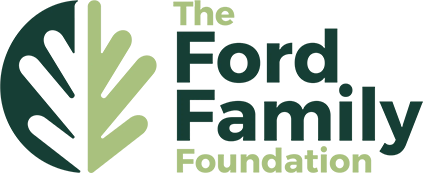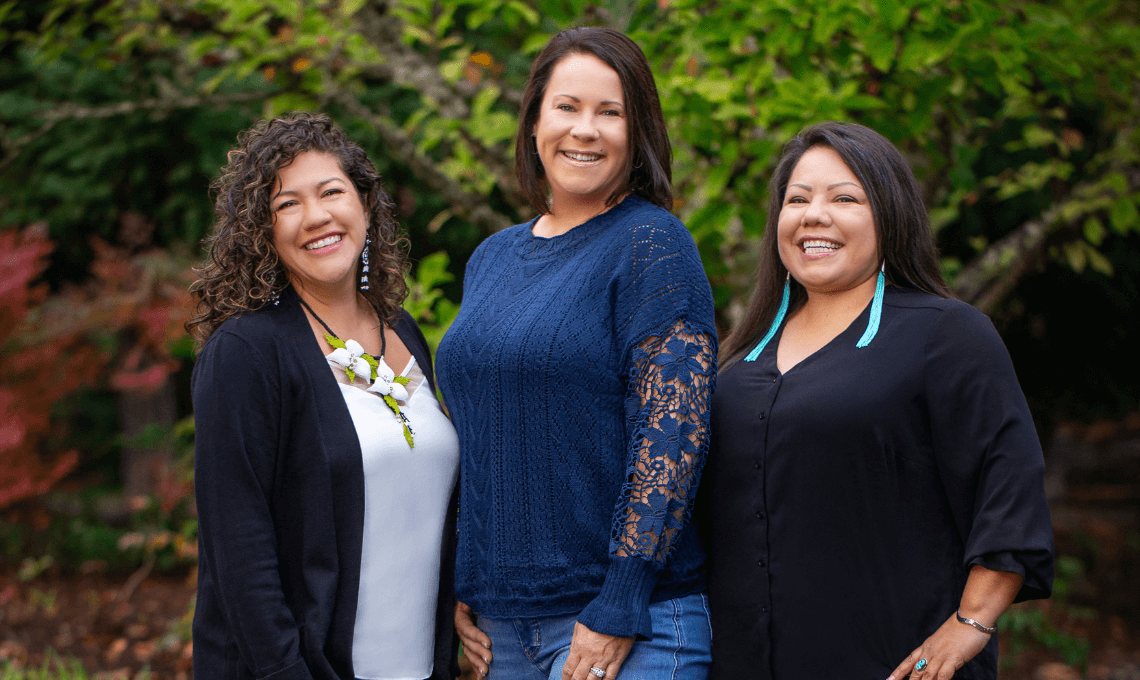Three new place-based team members will expand rural community building statewide
Field coordinators are at the heart of the Community Building Approach. These locally based team members serve as resources and agents for change in their community, whether that community is a rural region or a specific population.
The Foundation recently hired three new field coordinators, bringing the total of these place- based positions to seven. Our three new field coordinators bring a wealth of skills and knowledge that will help the Foundation support work in rural, Native American and Latinx populations in Oregon and Siskiyou County, California.
Each of you were raised in a rural community, and then left for education or other opportunities. Why did you choose to return to your rural roots?
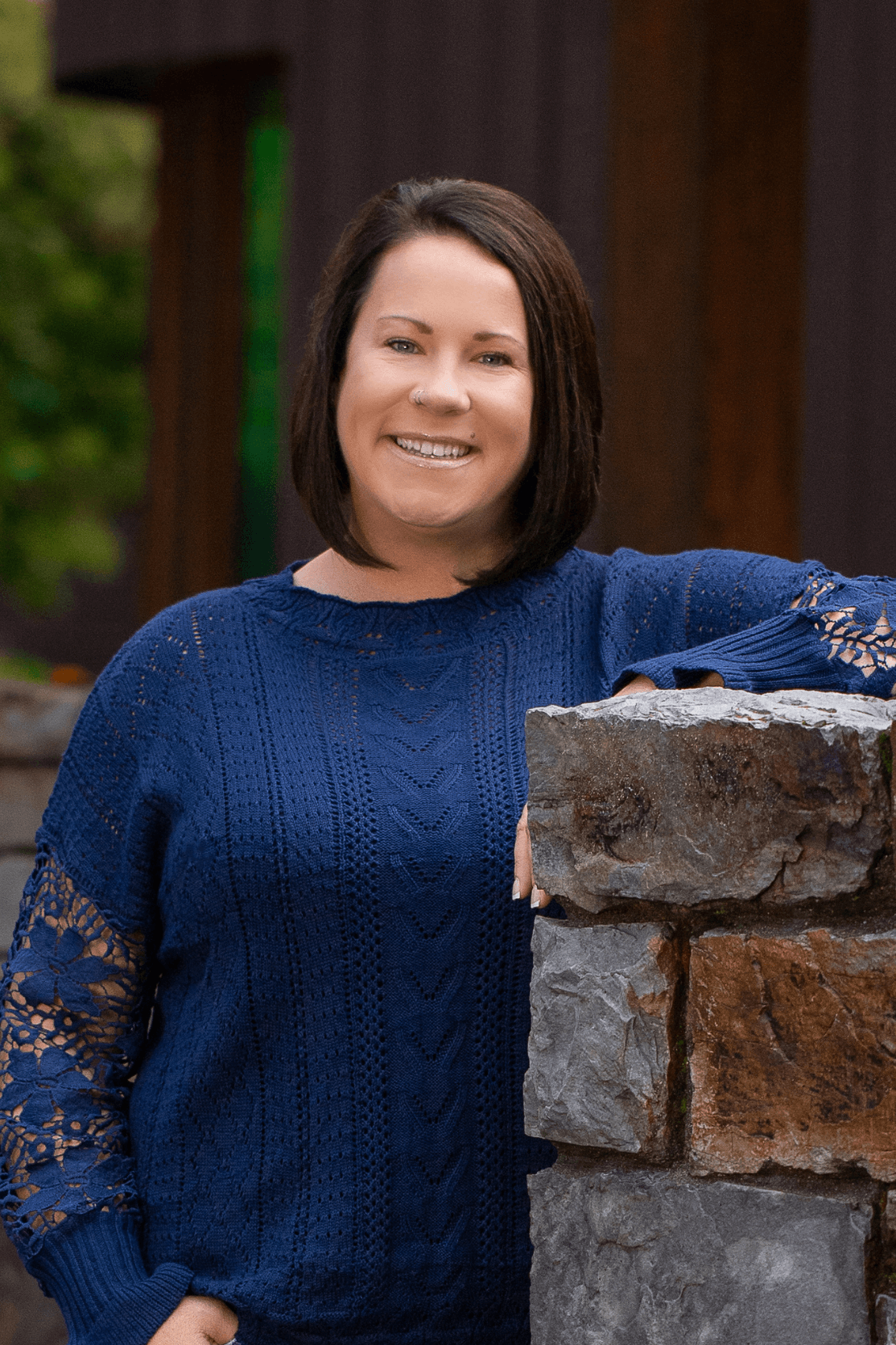
K’Lynn Lane
Serving the northern part of eastern Oregon
“When I lived in Sedona, Ariz., I managed a Grand Canyon tour company and concierge service. Week after week, I would meet people, make connections, then be sad as they left. Eventually I found my way home. I think that family is definitely at the base of everything in rural communities. I just have a heart for rural, being raised out here in Condon, playing sports, patronizing local businesses and organizations. Now I am in a position where I can support the rural communities in this area, which I find so rich and fulfilling.”
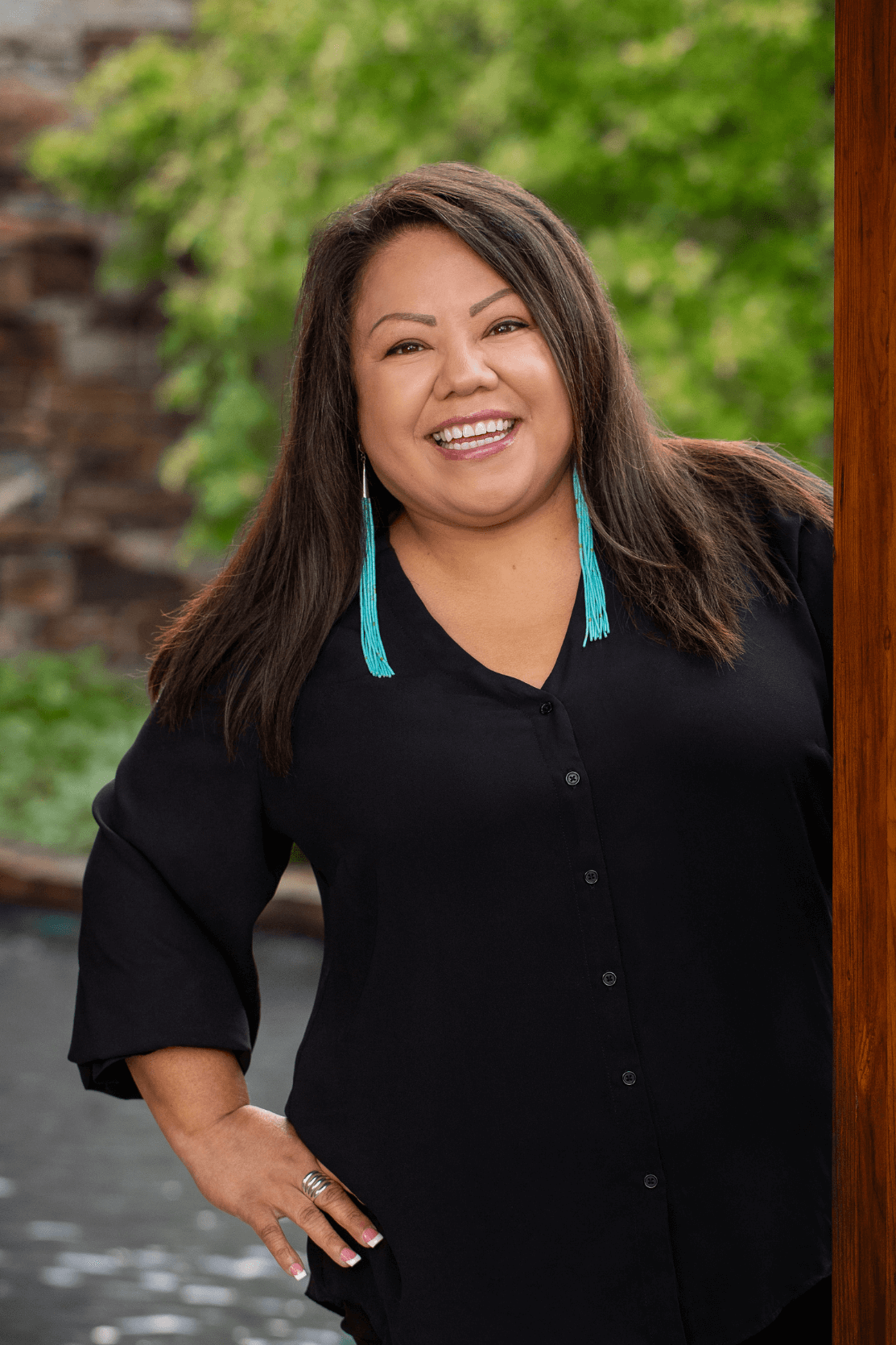
Tracy Kennedy
Serving tribal communities, Harney and surrounding counties
“I was raised on the Burns Paiute Reservation. When I was a single mom in my early 20s, I was offered a much coveted tribal home. I knew if I took that house I would never leave the reservation. So I declined, and moved away for school and work. When my son was in high school in Eugene, he faced a lot of questions about his Native American heritage. This is what he told me: I just tell them I am white because they have too many questions. I realized then that I wanted my children to have the same thing I did, a village that helped form my identity and who I was. In 2012, we moved back to Burns.”
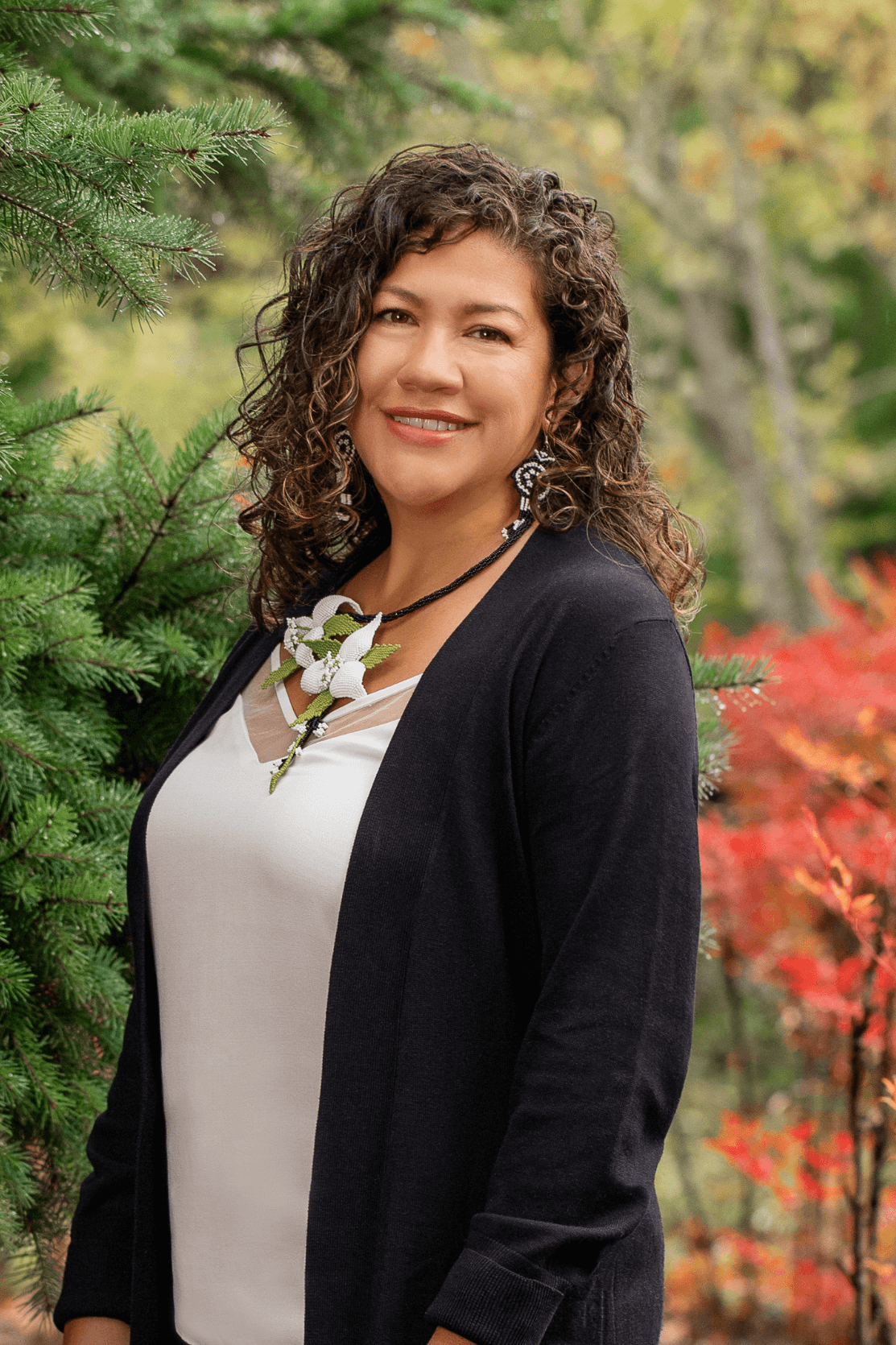
Nancy Castillo-McKinnis
Serving Latinx populations and Jackson County communities
“I was born in Nayarit, on the Pacific coast of Mexico. My mom brought us to California when I was nine, and a year later, we moved to Southern Oregon, where some of my sisters were living. Except for two years going to school in Eugene, this is where I’ve always lived. I’m the youngest of eight children — lots of siblings! — and I have family and friends throughout the Rogue Valley. My deep roots in this area has helped me with my work, which has all been community facing — connecting resources with people in education, healthcare, social services. I’ve been in this community a long time, and I can meet people where they are. We are stronger when we can do that.”
What was a pivotal moment in your journey as a community builder?
K’Lynn: “A pivotal moment in my career was establishing a rural regional Chamber of Commerce, which extended its services to encompass three counties and 11 frontier rural communities. This milestone also included the launch of the Community Ambassador Program and the pilot of the Rural Regional Main Street Initiative. I thought I’d be in chamber of commerce forever, and I didn’t want to let anyone down. This was an opportunity to not only change my life but an opportunity to make a greater impact within my region by bringing the Foundation in and creating the relationships that really make a difference. These partners I have connected with over the last 11 years saw it as a great opportunity as well. The community stood behind me.”
Tracy: “One of my biggest accomplishments was bringing in desperately needed tribal housing. When those big trucks started rolling in with the homes, my phone started blowing up and I realized it was really happening. It was overwhelming — I’m tearing up now talking about it. I learned that if I wanted to do something, like build a housing subdivision, it takes collaboration and minds coming together. With that, we can really do anything”
